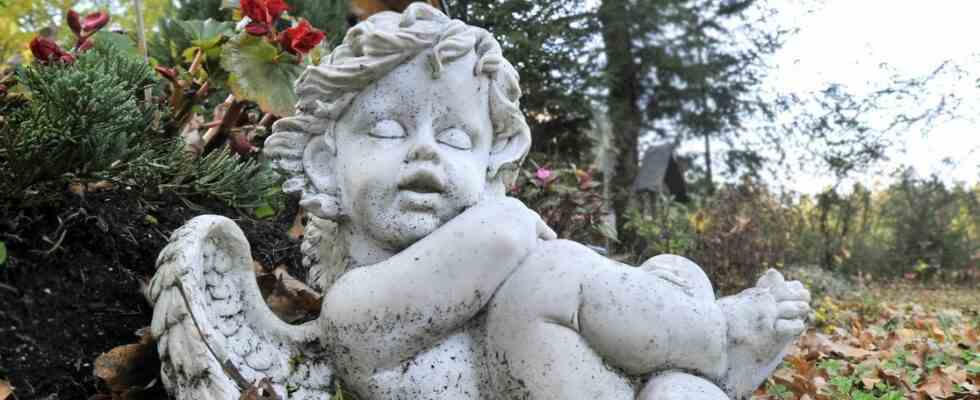Rudolf Zirngibl, fourth-generation undertaker in Starnberg, knows a lot about a person’s last journey. A conversation about life, death and the changing challenges in an extraordinary profession.
Interviewed by
Peter Haack
One thing is certain: death is part of life, nobody can avoid it. For as long as anyone can remember, all cultures in the world have been dealing with the hypothetical question of what comes after death: Is the soul immortal? Will the final journey go to heaven or to purgatory? Or is there just nothing left in the end? It is different with the body. Rudolf Zirngibl is someone who is familiar with the remains of earthly existence. The 58-year-old from Starnberg is the fourth generation to run a funeral home with 30 employees and six branches in the Oberland. With around 1300 burials per year, his company is one of the top 20 German companies in this sector. The father of three is a CSU city councilor and economics officer for the city of Starnberg. Zirngibl knows: funeral culture is changing. According to a survey by “mymoria”, a digital undertaker, only one in 20 people would like to be buried in a coffin. Types of cremation are much more in demand: 37 percent would like a burial at sea, 31 percent a tree burial, and 27 percent an urn grave. Zirngibl, “Löwen” football fan of TSV 1860 Munich, has already arranged everything for himself: A blue coffin, bicycles, and the death notice is already ready. Everything ready “so that it is the way I want it,” explains Zirngibl.

